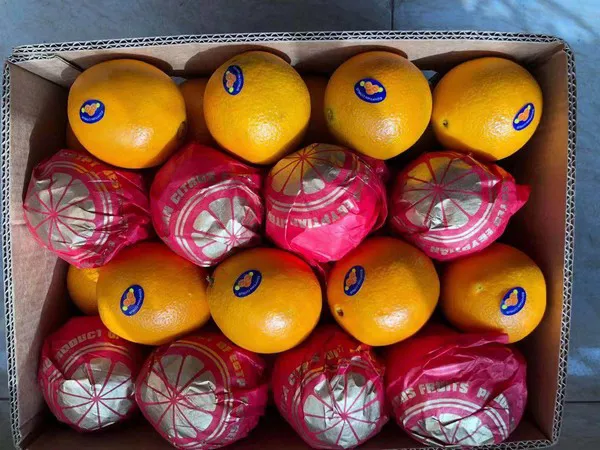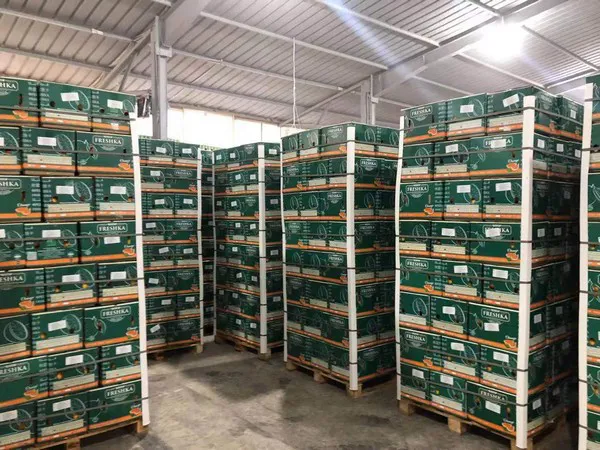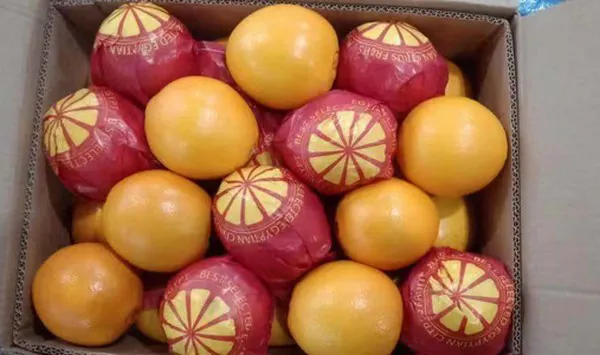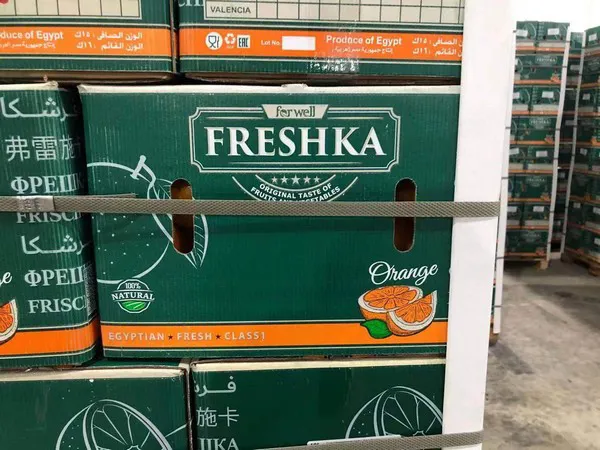This is the beginning of the Egyptian orange season. The Egyptian orange market was not great last year when Covid-19 broke out. Many importers suffered significant financial loss. Manager Wang, a spokesperson for citrus export company, Forwell, recently talked about current conditions in Egyptian orange orchards and in the Chinese import market.

Manager Wang first introduced the market conditions for Egyptian oranges. "Transport costs rapidly increased in recent months because there is a shortage of shipping containers. In addition, customs procedures have become more serious since the outbreak of Covid-19. This means that products take longer to pass through customs, and in some cases the shipping containers are stuck in the port for a long time. Oranges have a high sugar content and there is a risk when they are stored for too long. We had our concerns about this situation, so we decided to reduce our export volumes to minimize the risk. As for the price, sweet oranges currently cost around 12-13 USD per box (15kg, CIF). That is somewhat lower than around this time last year. The price decline is mainly the result of reduced consumption during this pandemic. Trade has been slow."

Following the season of sweet Egyptian oranges, the first sour Egyptian oranges will arrive in China at the end of January. The sales season is expected to last until the middle of June. During the previous season of sour Egyptian oranges the Chinese market was in a lockdown. Restaurants and cafes were closed because of the pandemic. The sour oranges are often used to produce orange juice, but with many restaurants closed, the sour oranges suddenly became unmarketable. Many importers suffered significant financial loss. The wholesale price dropped to around 30 yuan [4.65 USD] per box. Although the domestic market has improved since then, the overseas markets are worse off than before. That is why many importers now wait to see how the market will develop.

As for product quality, the main production area is Benha and the weather conditions there have been stable this season. That is why the fruit peel looks spotless. Feedback from production areas shows that the product quality is regular.
When asked about distribution, manager Wang replied: "The outbreak of Covid-19 is almost completely under control in China. Fruit import is slowly returning to regular levels and so are consumption levels. I think that there is a certain consumer demand in China at the moment, but we will have to see how overseas production areas handle the pandemic and how quickly shipping companies and ports are able to deliver import fruit and clear customs. Some importers are still worried and they have reduced their purchase volumes accordingly."

In addition to Egyptian oranges, Forwell also exports Egyptian grapefruit, lemons, and a wide variety of other oranges. When asked about the advantages of Forwell, manager Wang explained: "We have our own processing facilities. Our processing factory is up to OEM standards and we can process our oranges based on customer requirements. We can monitor product quality and select fruit, and design the packaging based on the preferences of Chinese consumers."
For more information:
Wang Ji (James) - Manager
Forwell Import & Export
Tel.: +86 13651110754
